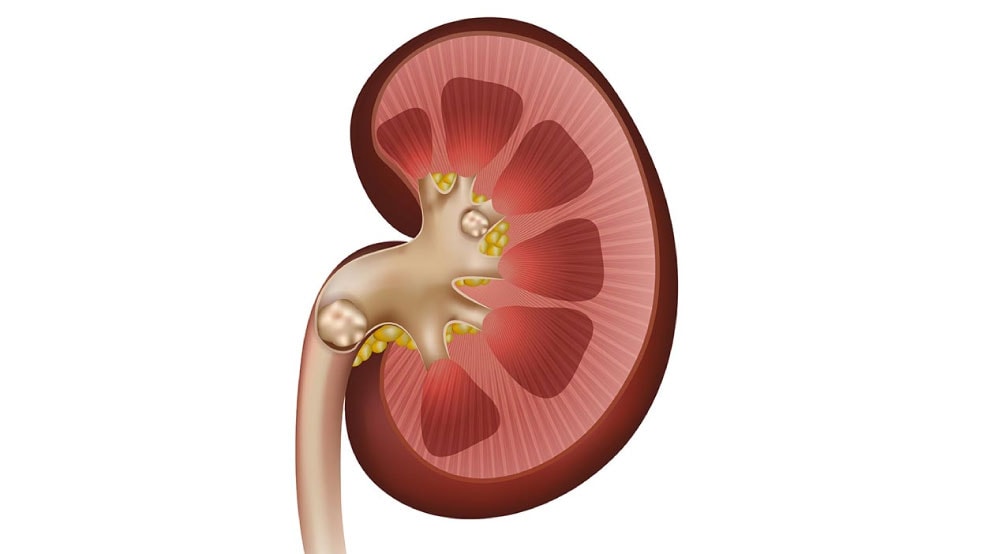What do we call kidney stones?
Kidney Stones (also known as lithiasis or nephrolithiasis) is a disease that is characterized by the occurrence of a small, hard mineral deposits (called kidney stone) in the urinary tract. These materials are usually formed inside the kidney.
Typically, kidney stones form when the urine is concentrated, thus, allowing the materials to crystallize and stick together.
This disease is a common problem with more than 200,000 cases reported in the United States of America each year. As we have seen recently in the media, there has been an increased incidence of Kidney Stones, mainly in the teen population. This has been attributed to several factors like:
- High intake of animal protein, sodium (salt) and refined sugars
- Hereditary
- Electrolyte problems
- An underlying metabolic condition such as gout, diabetes, distal renal tubular acidosis, Dent’s disease and hypercalciuria (high calcium in the urine).
- Continuous usage of certain medications or supplements
- Obesity
- Dehydration
The most important thing about Kidney Stones you should know is that they are preventable and treatable.
Kinds of Kidney Stones
There are different kinds of Kidney Stones. The major ones include:
- Calcium oxalate stones: This is the most common type of kidney stones. This stone is usually comprised of calcium and oxalate. About 90% of patients living with the Kidney Stones disease are reported to have the calcium oxalate. One unfortunate thing about the calcium oxalate stones is that they cannot be dissolved.
- Uric acid stones: Uric acid stones usually form when the urine is too acidic. However, they can be dissolved with proper treatment.
- Struvite stones: Struvite stones typically occurs when the urinary tract is infected with a special kind of bacteria which produces ammonia that builds up in the urine. This type of stones is usually composed of magnesium, ammonium and phosphate.
Symptoms of Kidney Stones
Typical symptoms of Kidney Stones include:
- Flank pains that often radiate to the groin and the inner thigh
- Restlessness
- Abnormal urine rate
- Persistent need to urinate
- Hematuria (presence of blood in the urine)
- Pain on urination
- Nausea (feeling sick) coupled with vomiting
Diagnosis and Treatment of Kidney Stones
The most important thing to do is for you to determine if you have Kidney Stones and what kind of Kidney stones you have. Answering both questions will guide your therapy.
Conclusion
We encourage you to visit a nephrologist if you have at one time or the other experienced any of the symptoms listed above, or you have a family history of the Kidney Stones disease.
Here in FKP, we treat and attend to those suffering from the Kidney Stones disease. Most importantly, we have the expertise for proper care and to avoid the disease from recurring in the future.

